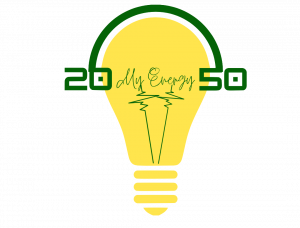This week we speak with Professor David Peck, from the Delft University of Technology. In this interview, David recounts his broad experience working both in industry and academia in the area of material sciences and which we now label as the circular economy. It was a real honor to have David on to discuss the circular economy and sustainability in business.
It is hard for me to provide a succinct summary of all the key points, as we really delve into what the circular economy actually is. To draw on David’s explanation, in this episode we get into what ‘tightening the circle’ means in the circular economy. From the mining of rare earth minerals to the fallacy of recycling as a solution to our overconsumption of materials and resources. We uncover what the circular economy is and is not. It is not recycling, but engaging at the design stage to ensure a more sustainable product is made. But again, this is insufficient and greater attention needs to be paid to where the resources are coming from and who is pulling them out of the ground. Hint, China may not be the most socially just place for mining.
Understanding the value chain of products and services is essential for business leaders to shift their companies in time, to be ahead of the social curve, and efforts of competitors. We discuss why there may now be emerging international competition between countries to be the most innovative in securing their lead in sustainable technologies and services. There is not a scarcity of materials, but rather a scarcity in innovative means to develop the products and services we need to deliver a more sustainable economy.
We also address the importance of equity and wellbeing in society. During the interview, I forgot the name of Mark Anielski, who I had on a previous podcast of Energy and Innovation. I can definitely recommend that episode for a similar line of thinking of measuring wellbeing by different metrics.
In the end, David and I come to the conclusion that people need to dosustainability. Listen to the podcast and you’ll get to know why educating and helping people is his new mission.
The intent of the MyEnergy2050 podcast is to speak to the people building a clean energy system.
If you like this episode please comment on LinkedIn and share.
Dr. Michael LaBelle is an associate professor at Central European University in the Department of Environmental Sciences. He produces the My Energy 2050 podcast to change how we communicate and improve the energy transition.
